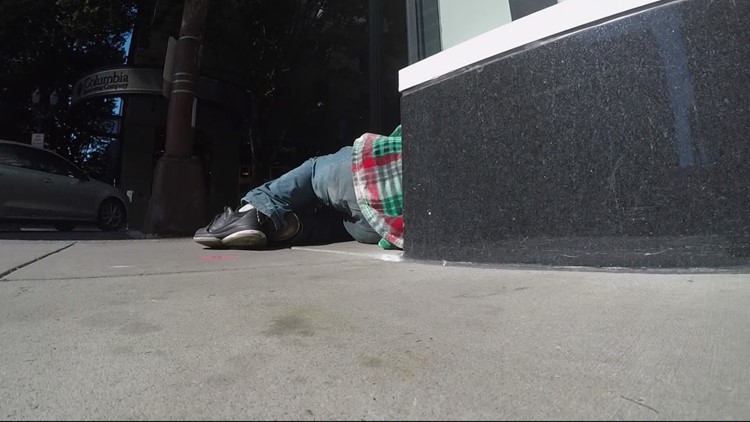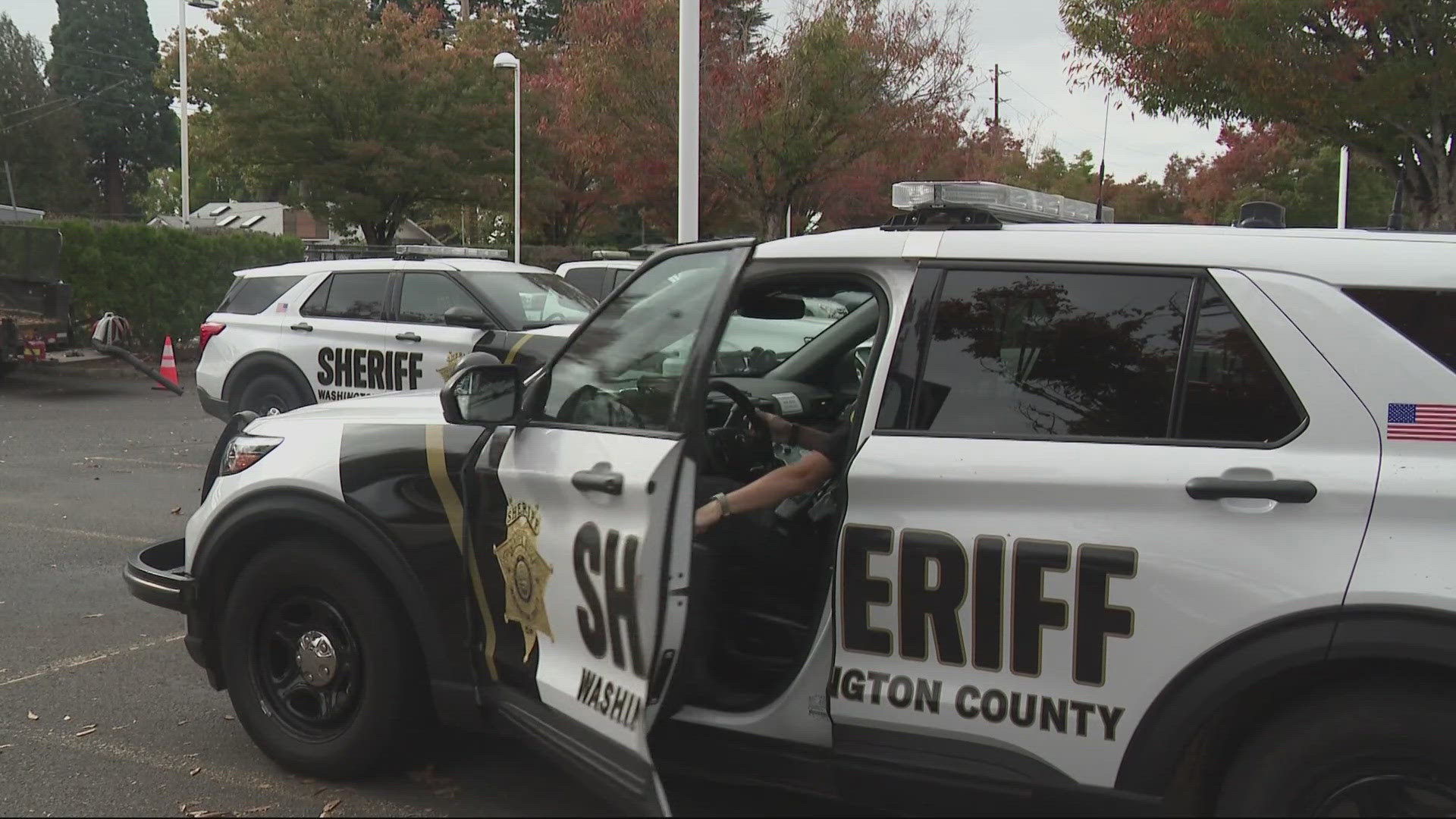PORTLAND, Ore. — Oregon Health Authority (OHA) worked with community partners in March to test 49 people for COVID-19 in the homeless camp in the St. Johns neighborhood of Portland. It was a step toward building trust with a population of people who need medical attention but may be hesitant when organizations reach out.
“This is a population where we need to be especially mindful,” said Mehera Christian, regional testing coordinator at OHA. “These are individuals with complex physical and mental health issues. There is a lot of fear and mistrust. We work with community partners who know and serve the community to help connect with sensitivity and compassion.”
OHA worked with grassroots activists who visit the houseless population in the area known as “The Cut” every Saturday. The people who live in The Cut can come to receive things like food, blankets, socks and to recycle their bottles to get money back. Members of OHA went out a couple of weeks before the testing event to answer questions and make people aware the event was happening at all.
“We were able to find out what some of their concerns were before the day of testing. They heard about the event and could ask questions, and then they knew some of our faces when we came back,” said Christian.
OHA is not the only organization looking to reduce risk in The Cut. Portland People’s Outreach Project (PPOP) was an important partner in the testing event, and it has been providing emergency work to The Cut for two years. PPOP provides things like clean syringes, Narcan and other supplies directly to people who need them in order to reduce risk in the houseless population who live in The Cut.
In a release from OHA, Sam Junge, a volunteer with PPOP, said that The Cut is in need of health services, “It’s a testament to the importance of serving and investing in people who use drugs.”
A mobile testing lab was brought to The Cut and 49 people were tested with rapid response tests and no one tested positive.
“It’s just a big relief for people,” said Christian. “They’re aware of the risks and, of course, being on the street, they’re especially vulnerable. If we make it past the trust issue and people see you’re there and caring and wanting to help, there’s a real gratitude.”



